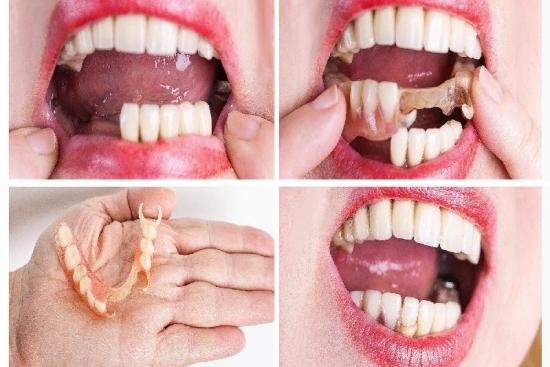Lost one or more teeth and worried about wearing dentures? Forget the outdated image of uncomfortable, unnatural dentures. Today's dentures offer a practical, effective, and customizable solution.
Thanks to advanced technology and the skill of experienced dental professionals in Turkey, you can regain a natural-looking, fully functional, and comfortable smile, without sacrificing aesthetics or quality of life.
Price of dentures (partial or full) in Turkey
The cost varies according to the type of removable prosthesis chosen. With Turquie Santé, you benefit from the best negotiated rates with experienced, recognized dentists.
On average, the price of dentures ranges from €800 to €1,200, depending on your oral health and the type of prosthesis that best suits your needs.
For personalized support, contact us today to schedule a free teleconsultation. You will receive a precise estimate and a customized treatment plan.








